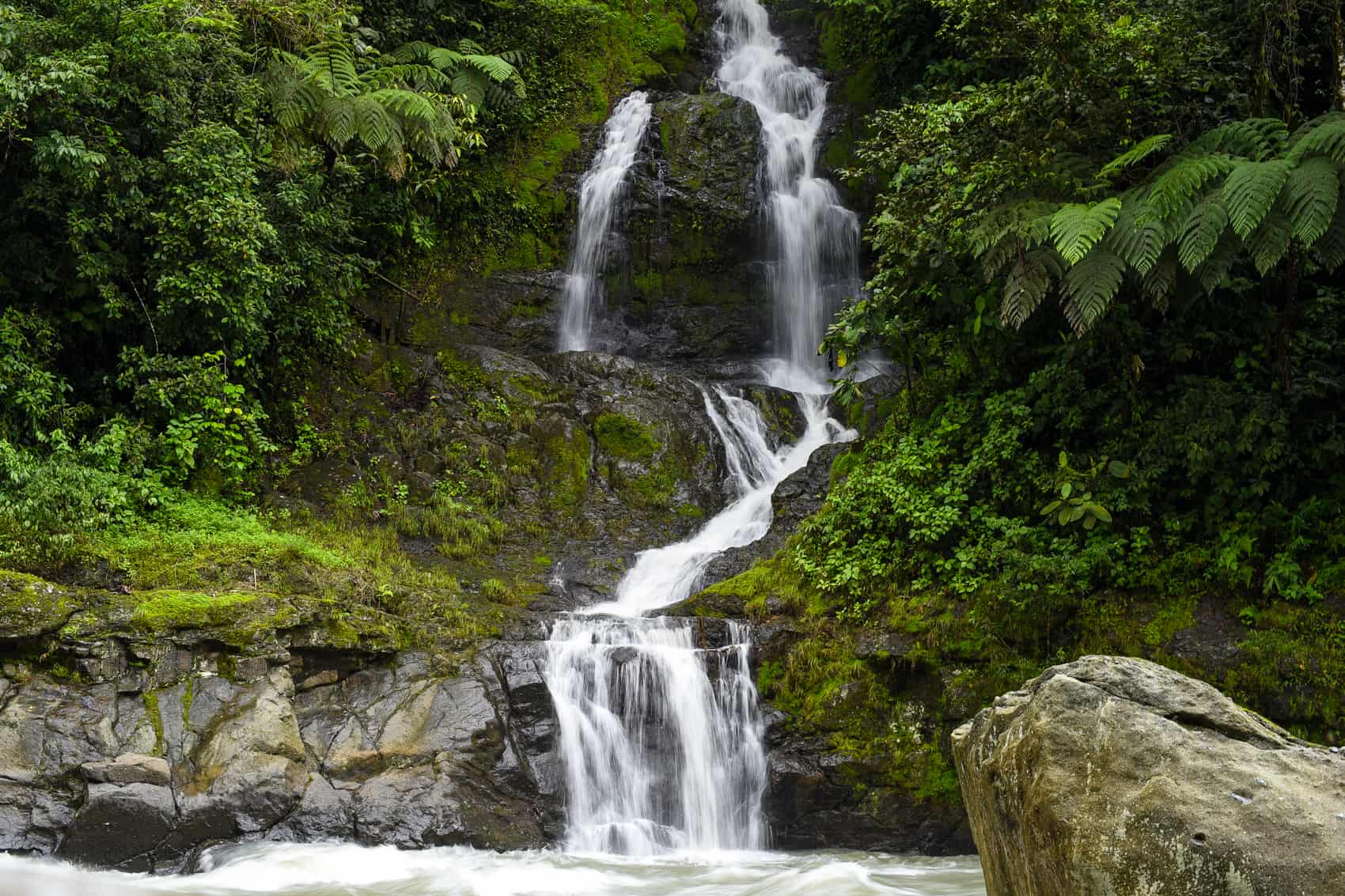Today, more than ever, humanity faces the possibility of an environmental catastrophe, caused mainly by global warming. Across the globe you can see the effects: rising sea levels, the destruction of the polar ice caps, desertification, extinction of species, droughts and floods, and many other devastating consequences for the planet.
Costa Rica does not escape this global context, and it becomes obvious when one notices the change of weather in recent years, both in the country and in the Central American region. The increase of the El Niño phenomenon and of storms that enter the country are just two examples that demonstrate the irregularities of the country’s climate. However, the worst danger that Costa Rica faces is the extended periods of drought, which occur more frequently with each passing year.
The importance of agriculture for this country cannot be ignored. According to the central bank, agriculture accounted for 8.1 percent of the country’s GDP last year. Even though droughts affect almost every human activity, agriculture is by far the sector most affected by these events, due to its vulnerability to climate change.
In this context, water becomes extremely relevant, and its legal protection becomes necessary to ensure access to this precious resource, which is indispensable for human health and for economic activities. The Ley de Aguas, or Water Law, regulates its use, but the problem happens when this norm is inefficient because it is not respected. Because of this, in Costa Rica, many of the water sources are used in an illegal manner, which compromises the resource.
According to this law, with a few exceptions, water is considered a public good, which means that the state owns and administrates it. The state is the only entity that can authorize the use of water sources, and this is done through the mechanism of water concessions, which grant the right to use a certain source of water. A concession is granted to someone in particular, for a specific property and for a determined amount of water, time and activity.
Taking this into account, the concession limits the use of water in each specific case, determining who can use the water, how much of it can be used, for how long, where and for what amount of time. For example, the owner of a property that benefits from a water concession cannot buy the adjacent property and use the same water for the new terrain, since its use is limited to the original piece of land. This makes the state able to regulate the amount of water used across the country, so that the resource is not overexploited, and instead can be used responsibly. This is especially important in a context of global warming, in which droughts are not uncommon.
There are several problems that are a consequence of the illegal use of water sources. For example, each source has a limited percentage that can be given in a concession. If a person is using a water source without the adequate permit, a neighbor could obtain a concession that would impede the first person from being granted a concession of his own. Similar problems occur with wells. If a well is functioning illegally and someone builds a legal one close by, it is very likely the illegal well will end up being closed, even though it was built first.
On the other hand, if someone lacks a water concession, or has one but it is not legally valid because it has expired and has not been renewed, that person might face criminal charges due to usurpation of water, which can be punished by two years in prison and a fine.
Because water is not a renewable resource, and given that human life and economic activities are impossible without it, the state must make its protection effective, which means stopping the illegal uses of water sources. Those who benefit from a source of water must legalize its use by seeking a water concession in order not to face the risk of being jailed, fined or being unable to make use of the source because someone else received a permit first.
Germán Ignacio Pochet Ballester is an environmental law specialist at BIOIURIS. He can be reached at gpochet@legalambiental.com.






